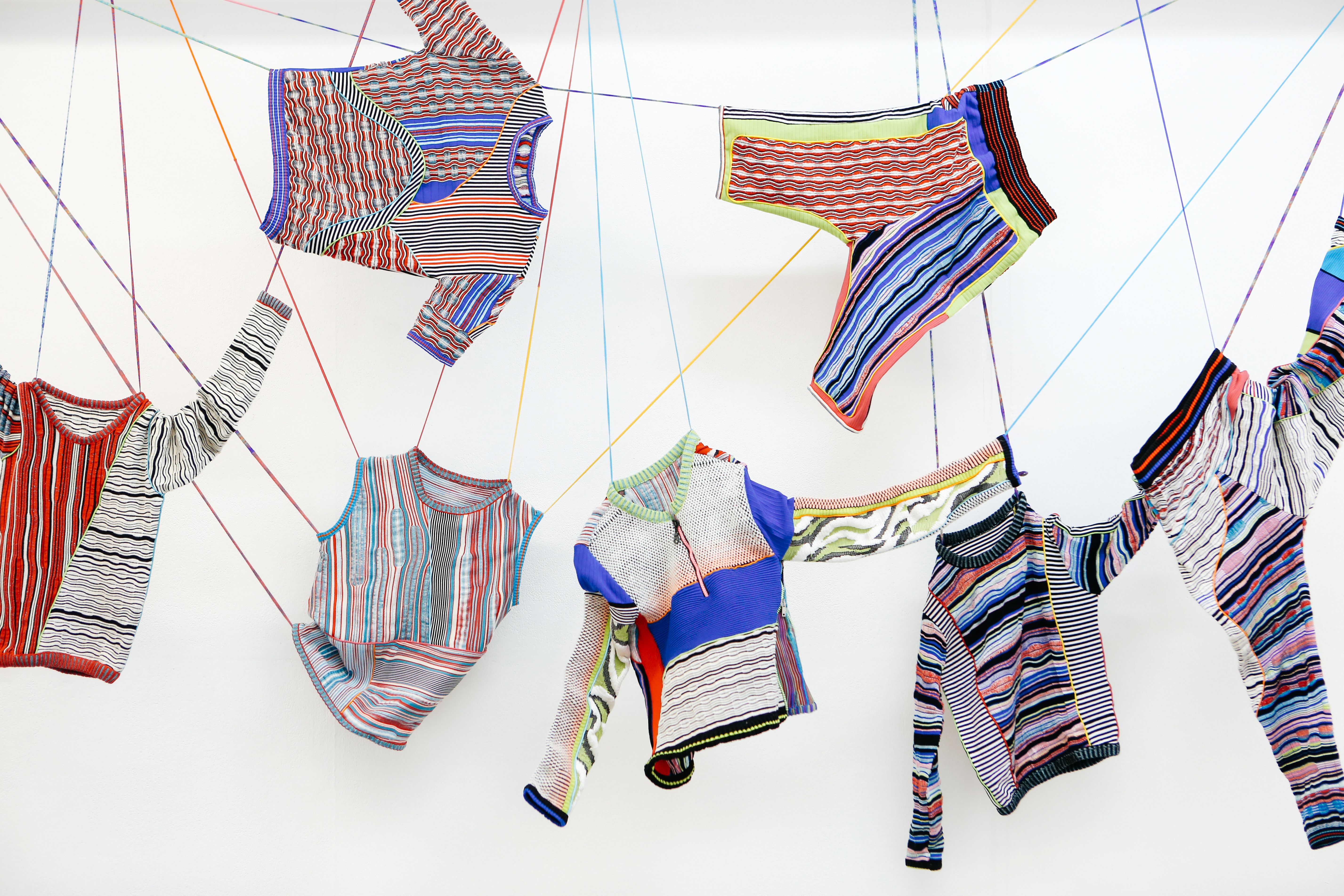The risks of becoming a 'Money Mule'

- Written byStudent Communications
- Published date 05 March 2024

Did you know that Organised Crime Groups are co-opting thousands of young people into their money-laundering networks each month? Criminals do this to try and hide behind layers of legitimate bank accounts, to ‘clean’ their illegal funds. People who get caught up in this activity are known as ‘Money Mules’.
Why are students at risk?
Criminals often recruit students as Money Mules to process cash they’ve got their hands on illegally, such as by stealing. In exchange, the Money Mule gets to keep a portion of the money acquired. It’s a small price for the criminal to pay to protect themselves, so that the Mule faces any consequences instead of them.
An offer of quick cash might seem great at the time. But if you get caught, you could end up with a criminal record for money laundering.
This a serious crime that could land you in prison for up to 14 years.
There’s also likely to be a huge impact on your mental health, family and ability to trust people. So don’t risk your future. Steer clear of unsolicited offers to make easy money while studying. It’s simply not worth it.
How can you protect yourself?
- Be suspicious of job adverts in places like social media, that offer the chance to earn quick and easy money. Stick to reputable job sites and remember that if something looks too good to be true, then it probably is.
- Don’t sign up for any opportunity without undertaking some proper research. For example, Google any prospective employer, do they have an online presence? Are the contact details legitimate? Is it based overseas?
- Don’t engage with any online posts offering large sums of money.
- Don’t accept message requests from people you don’t know, and if you receive a message with a link to click from a friend, speak to them in person before you respond.
- Don’t share bank and personal details with anyone that you don’t know or trust. If someone asks to ‘borrow’ your bank account, say no.
- Always remember that if you aren’t sure about the source of the money, it could have come from criminal activity, and you could unwittingly be laundering money and end up with a criminal conviction.
What should you do if you think you’re at risk?
If you or someone you know has been approached, break off all contact, don’t receive or move any money, and ask for advice from someone you trust. Criminals operate in silence – by talking about it, you are protecting others.
Contact the UAL Student Advice Service onlineor on 020 7514 6900 to explain your situation. Our Student Advisers can support you in the next steps, including reporting the crime and with emergency financial assistance if necessary.
Report it by calling local Police on 101 or 999 in an emergency.
by calling 0800 788 887. Please quote ref: IFMM24. You do not have to give your name or contact details unless you want to.
Contact the independent charity CrimeStoppers online 100% anonymously or by calling 0800 555 111. Please quote ref: IFMM24.
If you see suspicious activity online, click the button to report it to the social media companies to get it taken down.
If you think someone you know is already involved, go to the NCA website for advice.
If criminals have already obtained your personal information report it to Action Fraud National Fraud & Cyber Crime Reporting Centre on 0300 123 2040.